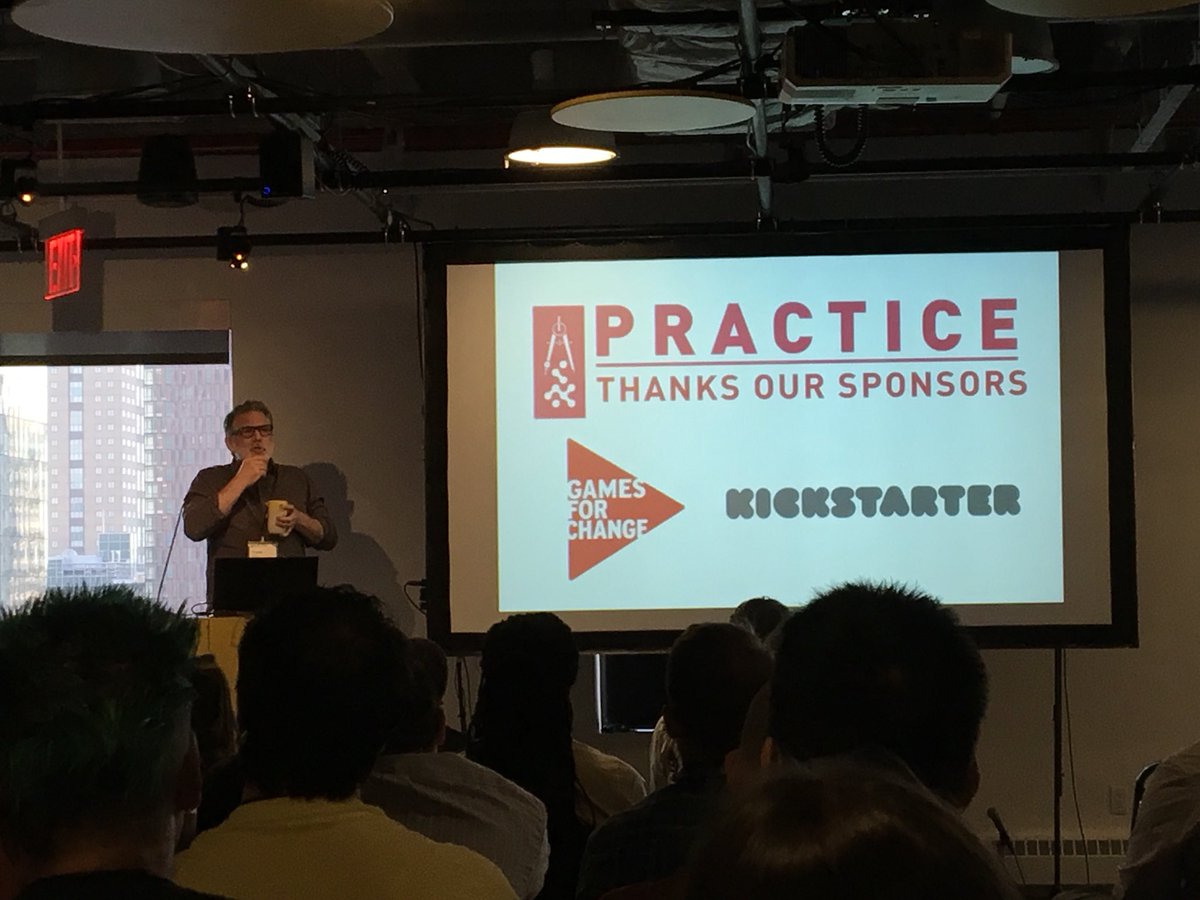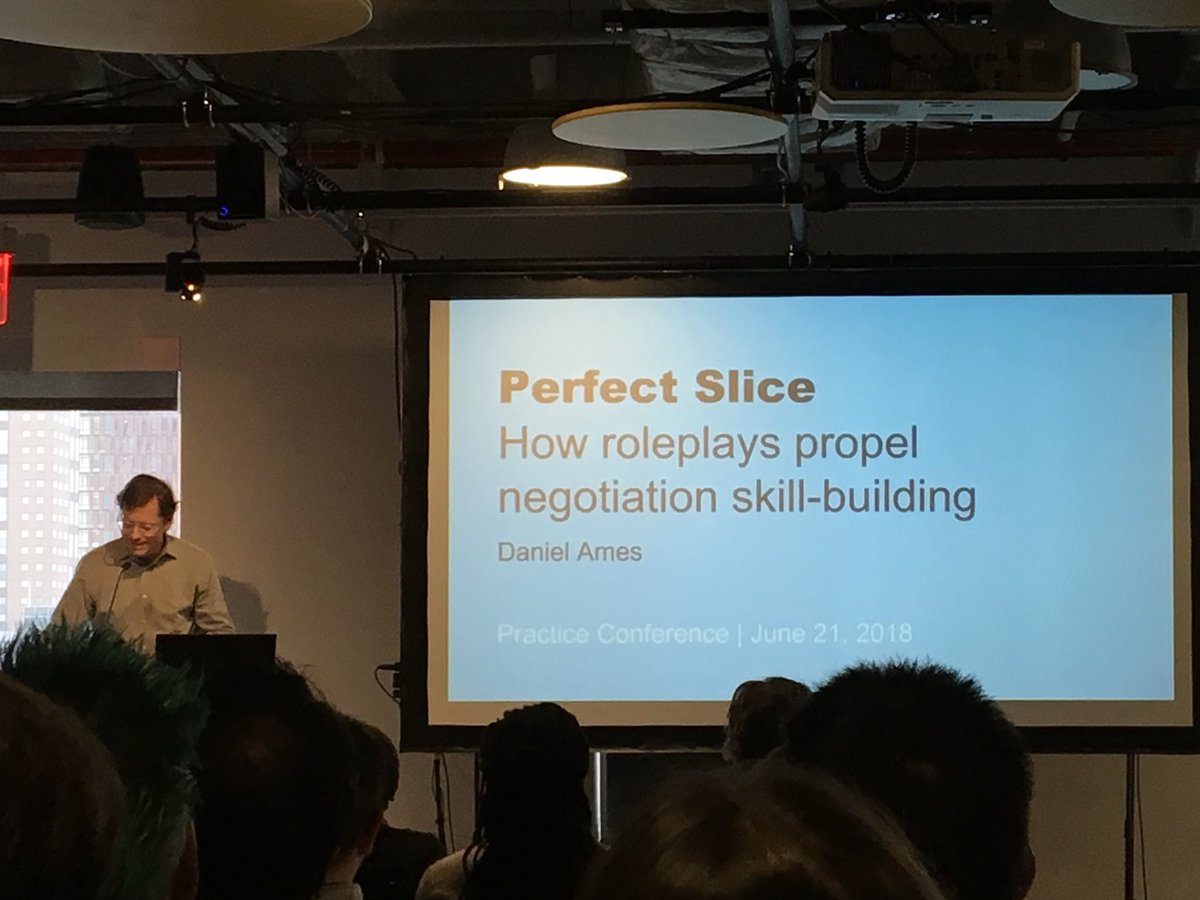1. avoid any computation unless strictly necessary, computation is “bad”.
2. consider data preconditions to avoid computation.
3. data is also “bad”, use/build up as little as possible.
If your working set is always tiny, no need for careful design, nor optimizations of most sorts... hey but does it leave address space fragmentation??




